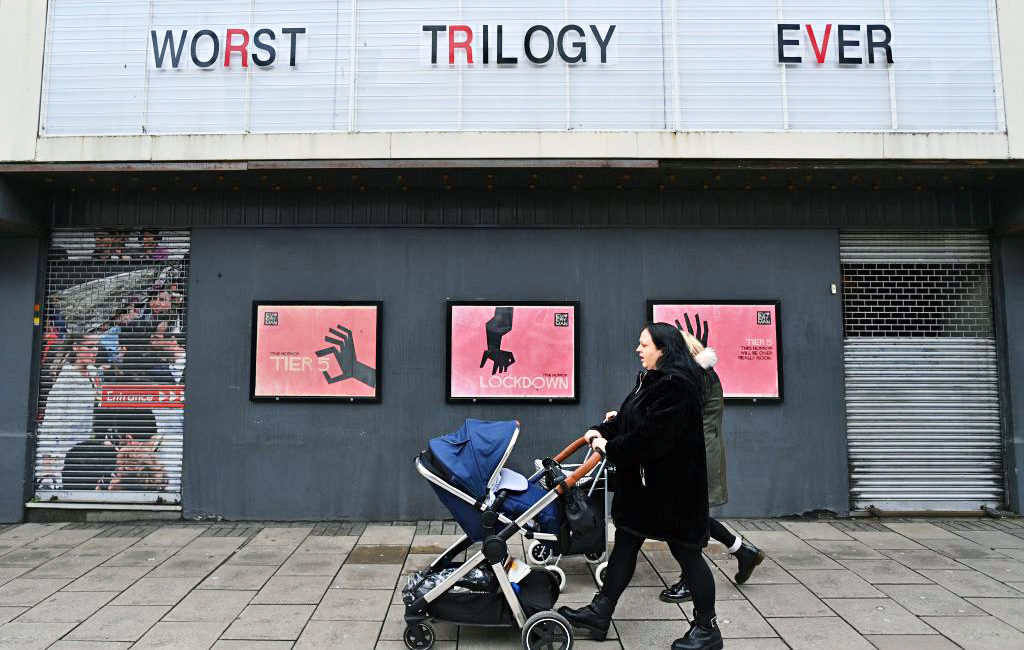When we first went into a lockdown just under a year ago I remember lots of people saying that this would lead to a baby boom in nine months because people would be locked up inside together and “nudge nudge”. And I remember thinking — really? I don’t know about anyone else, but spending my day reading about a fatal respiratory disease, with one daily outing to queue outside the supermarket like some bedraggled Soviet babushka, doesn’t strike me as a classic aphrodisiac.
And, as with a thousand Covid takes, it has indeed perished, with the pandemic leading to a huge baby bust in the United States.
This follows similar data in Italy and Britain.
Previous epidemics have had disastrous effects on demography; when Kenneth Clark visited Sienna for his series Civilisation: A Personal View the city’s population had increased from its medieval peak by a total of two people; this lack of growth was a long-term effect of the devastation of the Black Death. Normandy never really recovered from the demographic blow caused by that disease (although 100 years of English hooligans marauding across the region didn’t help.)
And coronavirus, although the vast majority of its victims are elderly and it has mercifully killed very few children, will also have a demographic impact. Hundreds of thousands of people have not been born in Britain because of the pandemic, the effect of which has been to aggravate and accelerate many of the extreme elements of modern life: killing off the high street in favour of big tech; the tendency towards more home working, which was growing anyway; declining social participation, particularly in things like church; and high anxiety levels, which have been steadily growing (if drug prescriptions are a good measure) and exploded in 2020. Some of these things might return to normal, but perhaps not entirely.
Fertility rates also reflect optimism, and few people in the past year can have felt too cheery about the future. But technology is another factor and I also wonder, not entirely facetiously, if TV plays a part.
One of the big drivers of declining teen pregnancies since in recent years has been better and more enjoyable video games. A problem that we consider a moral issue has been solved with simple technology (although “solved” might not be entirely the right word — perhaps “turned into a different problem” in some cases).
If coronavirus had hit in the 1980s, when there was nothing to watch except Hale and Pace or repeats of Happy Days, it might have led to a baby boom, but now we have Netflix. When everything in life that allows us to have children — housing, in particular — becomes more expensive, and every form of distraction becomes cheaper, it is no surprise that fertility falls.
Pandemics in the past have often been followed by huge baby booms as people rushed to get married and replenish the population. This time, I’m not so sure; after all, there is just so much good TV to watch.











Join the discussion
Join like minded readers that support our journalism by becoming a paid subscriber
To join the discussion in the comments, become a paid subscriber.
Join like minded readers that support our journalism, read unlimited articles and enjoy other subscriber-only benefits.
Subscribe